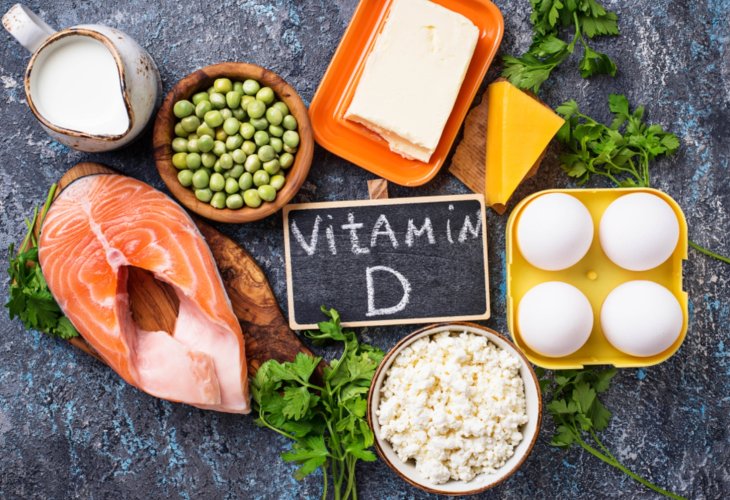A Guide to Fat-Soluble Vitamins: Essential Insights for Health
Night vision, bone development, and heart health—the crucial facts about fat-soluble vitamins.
 (Photo: shutterstock)
(Photo: shutterstock)In our previous articles we explored water-soluble vitamins. Now, let's delve into the fascinating group of fat-soluble vitamins. These vitamins cannot be directly absorbed into the bloodstream; instead, they first enter the lymphatic system, which then transfers them to the blood. Since their mobility is limited, they bind to carrier proteins to move through the blood. It's beneficial to consume them with food.
Vitamin A - Retinol
Vitamin A is vital for normal vision, especially for night sight. Additionally, it plays an important role in skin health, the proper functioning of respiratory and digestive mucous membranes, infection prevention, and hair health.
Plant-based Vitamin A, known as beta-carotene, primarily acts as an antioxidant.
Sources of Vitamin A include egg yolks, orange vegetables, and dark and yellow vegetables.
Symptoms of Vitamin A deficiency include vision disturbances, skin inflammation, mucous hardening, an increased risk of dental caries, premature birth risk, and anemia. Overconsumption—mainly through supplements or treatments like Accutane for acne—can cause liver and kidney damage.
Vitamin D
Vitamin D is essential for bone construction, aiding calcium metabolism, enhancing calcium and phosphorus absorption in the gut, and allowing these minerals to strengthen bones.
Vitamin D helps regulate and lower blood pressure, prevents type 2 diabetes, and protects against tumors.
Dietary sources include fatty fish and egg yolks, but the most common source is sun exposure, ideally 10 minutes daily.
Symptoms of Vitamin D deficiency include decreased blood calcium and phosphorus levels, rickets in children, muscle spasms, and weakness.
Excess Vitamin D symptoms include loss of appetite, nausea, vomiting, constipation, abdominal pain, and high blood pressure.
Vitamin E
There are eight types of natural Vitamin E, primarily alpha, beta, gamma, and delta.
Vitamin E is a powerful antioxidant that neutralizes free radicals, preventing damage particularly to the heart, blood vessels, skin, brain, and hormonal system.
Vitamin E sources include plant fats such as avocados, sprouts, egg yolks, and leafy vegetables.
For booking home classes with Rabbanit Rachel Bazri, call 073-2221240 or 052-9551588

